In America, the land of freedom, there are still plenty of things people would like to see banned. From the breeding of animals to aggressive advertising and leaf blowers, there's quite a varied list of items that the American public wants to see outlawed. Let’s take a look at 25 things Americans want banned.
Costly Pharmaceuticals

It’s no secret that some medications in America are the most expensive in the world, and skyrocketing drug prices have made essential medications unaffordable for many. Advocates for bans or caps on drug prices argue that healthcare should be accessible and that no one should have to choose between medication, being healthy, and other essentials.
False Advertising
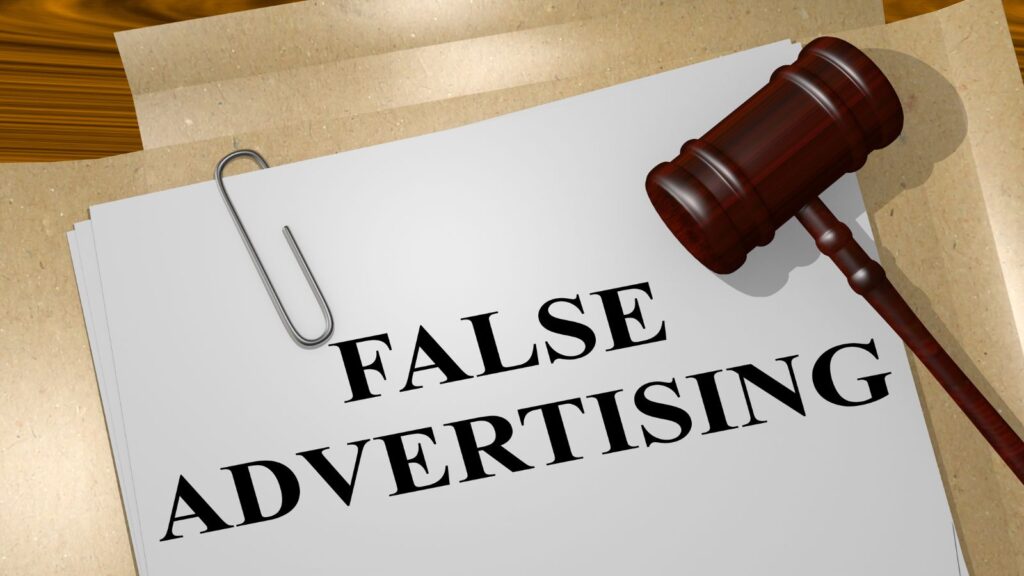
Not only does America have some of the most aggressive advertising on the planet, but lots of it can also be classified as false advertising. Although technically illegal, false advertising often slips through legal loopholes, and critics are calling for stricter bans and enforcement to protect consumers from misleading claims.
The IRS

The IRS is seen by some as an outdated and unfair system. Critics suggest that the American tax system needs a complete overhaul to eliminate loopholes that benefit the wealthy and penalize the poor to create a more equitable process.
Political Donations
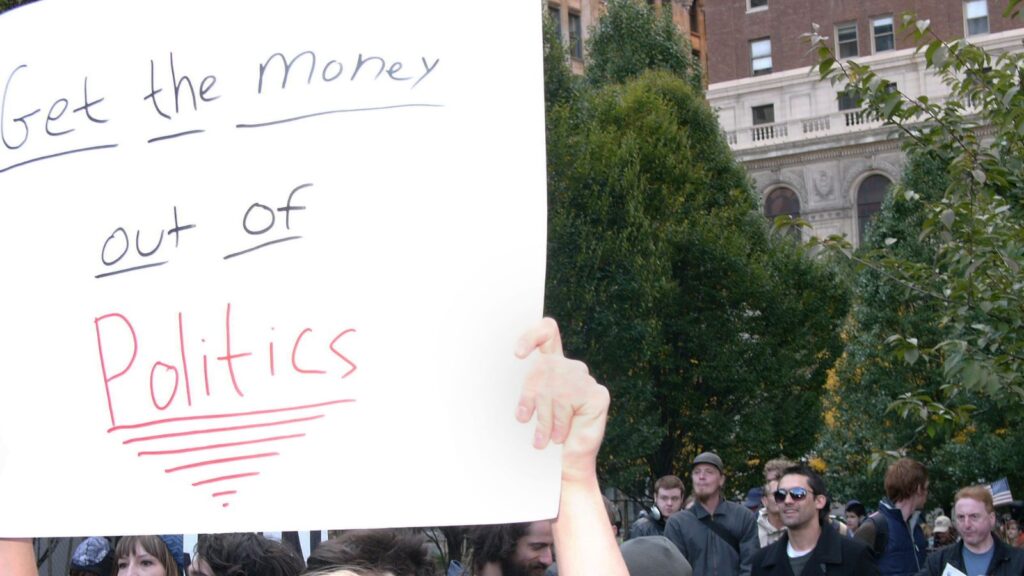
America prides itself on being one of the most democratic and fair countries in the world. But, the political system in the US has a big tradition of accepting political donations, and these often come with strings attached, compromising the impartiality of elected officials. Critics argue for bans or strict regulations to ensure that politicians serve the public interest without undue influence from wealthy donors.
Posting Children’s Videos for Profit

Posting videos of children online for profit raises privacy and consent issues. Advocates for banning this practice argue that children deserve protection from exploitation and that their privacy should be a priority. In fact, in Illinois, a new law was just brought into effect on July 1st that states that children who appear in videos on the social media of their parents and/or guardians must now be paid.
Plastic Bottles

America is becoming an increasingly environmentally conscious country, and US citizens are waking up to how their habits and behaviors can contribute to global warming. This rise in self-awareness has prompted a call for plastic water bottles to be banned. One million plastic bottles are purchased across the world every minute, and they contribute massively to our ocean's plastic waste problem.
Smoking in Parks
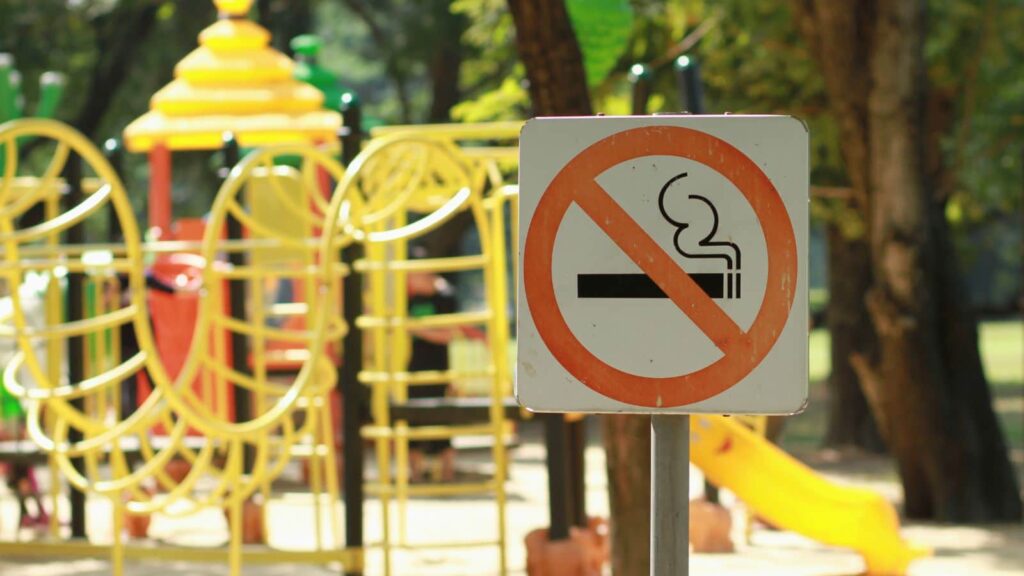
Parks are for fresh air and play, not cigarette smoke. Advocates for banning smoking in parks argue that it ensures a healthier environment for children and reduces litter from cigarette butts.
Facial Recognition Technology

Facial recognition technology is a privacy concern for many Americans. Critics fear “Big Brother” surveillance and potential misuse, calling for bans to protect personal privacy and prevent unauthorized tracking.
Microbeads in Beauty Products

Microbeads are tiny plastic particles found in exfoliating scrubs, and they are wreaking havoc on our marine ecosystems. Environmentalists are arguing for them to be banned, pointing to how these pollutants have been ending up in oceans, harming aquatic life and entering the food chain.
Leaf Blowers
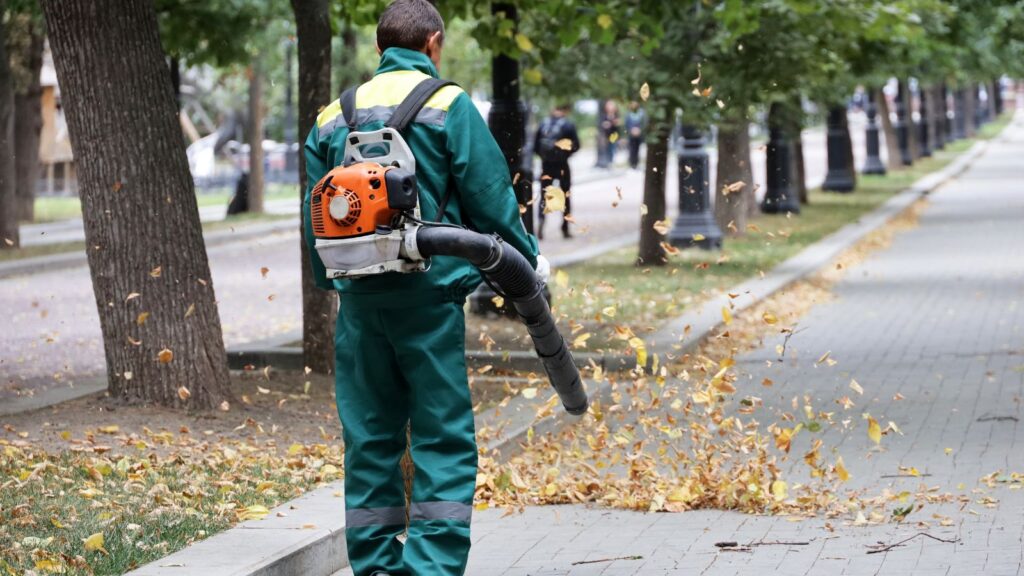
Gas-powered leaf blowers are noisy and contribute to air pollution. Many communities are pushing for bans, favoring quieter and cleaner electric alternatives to reduce noise and air pollution.
Fireworks

While fireworks are a staple of celebrations many celebrations, including the 4th of July, their noise and safety hazards are prompting calls for bans. Opponents believe that eliminating fireworks would reduce accidents, noise pollution, and stress for pets.
Breeding Animals

Animal shelters in the US are overwhelmed with pets in need of homes, prompting many to call for a ban on unscrupulous breeding practices. Critics of animal breeding argue that it often leads to animals being kept in poor or abusive environments and contributes to overpopulation and, ultimately, the unnecessary euthanasia of animals.
Pesticides in Playgrounds
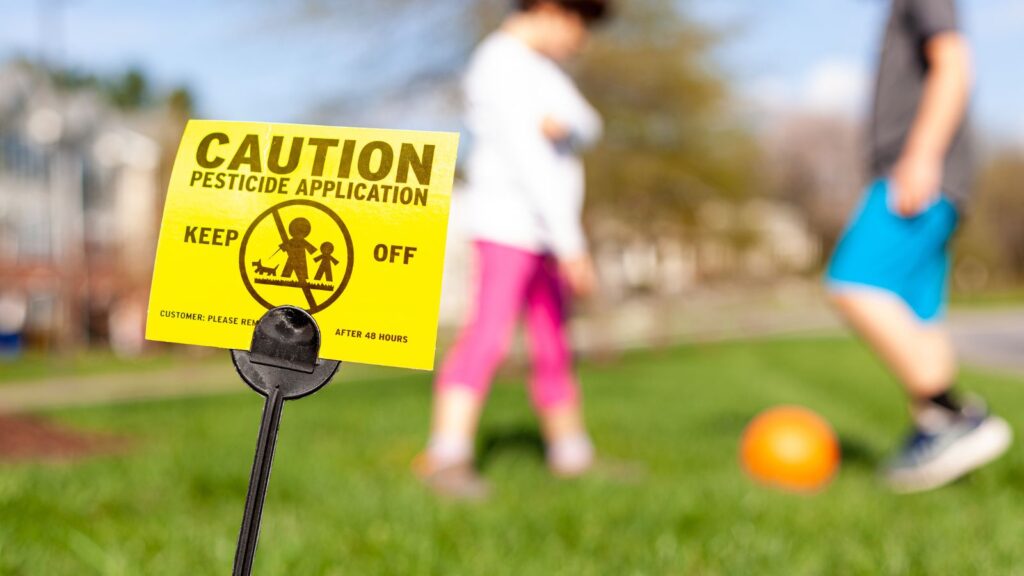
Playgrounds should be safe places where our children can play carefree in healthy and safe environments. But, the use of pesticides in playgrounds has been raising health concerns in America, and many parents and environmentalists want them banned to ensure that children can play without being exposed to harmful chemicals.
Disposable Vapes

Disposable vapes are a littering nightmare and a health risk. Environmentalists and health advocates are campaigning for their ban to curb nicotine addiction among youths and reduce waste.
Exotic Pets

Owning exotic pets like lions or pythons can be dangerous and unethical. Animal rights activists are pushing for bans to prevent poor living conditions for these animals and reduce the risk of non-native species disrupting local ecosystems.
Daylight Saving Time

The biannual clock change is unpopular with many arguing it disrupts sleep and serves no modern purpose. Calls to end daylight saving time suggest that a fixed time year-round would be healthier and less confusing.
Ocean Pollution
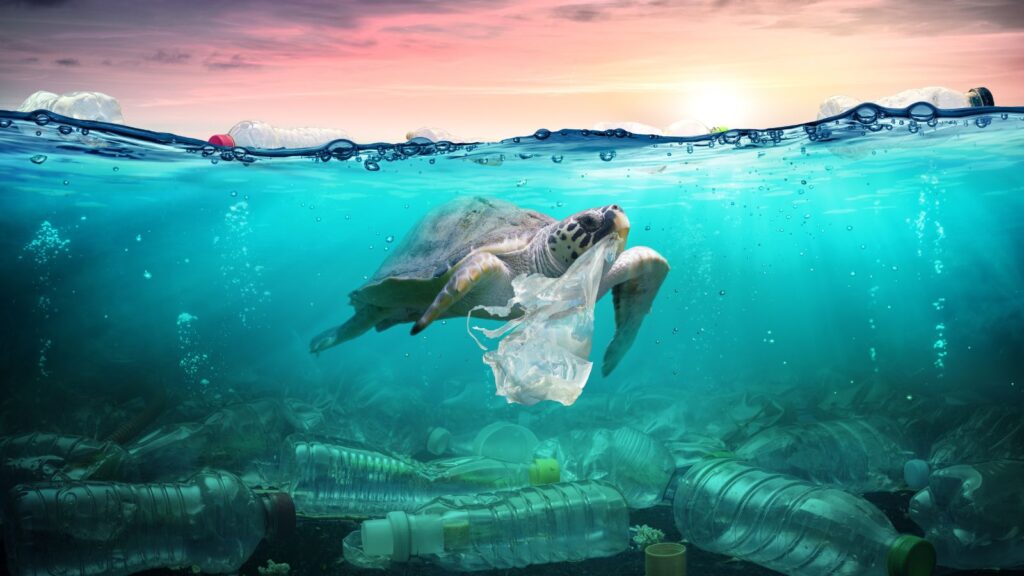
The vast amount of waste entering our oceans annually is devastating marine life. Stronger bans on pollutants and stricter regulations are seen as essential steps to protect oceans and their ecosystems.
Bright Billboards
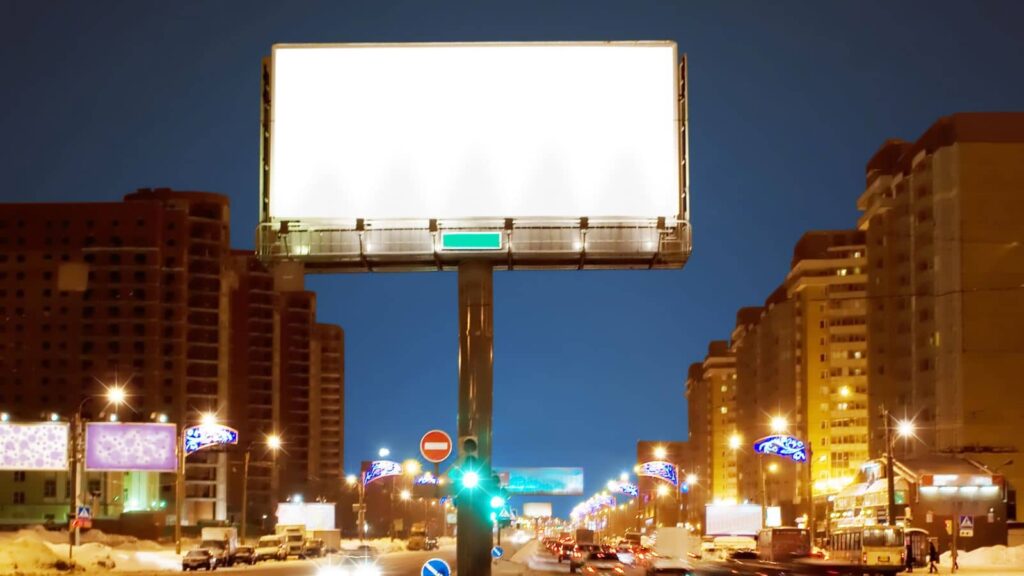
Large, bright billboards can ruin scenic views and contribute to light pollution. Many people want them banned to preserve natural beauty and improve the quality of life in urban areas.
Door-to-Door Sales

Door-to-door sales can be intrusive and aggressive and pose a risk of scams, which can be intimidating and scary, particularly for older people. Many communities seek to ban this practice, arguing that modern digital sales methods render it unnecessary.
40-Hour Work Week

Americans have some of the longest working hours in the Western world, and some have been lobbying for shorter workweeks inspired by European models. They argue that reducing working hours could improve work-life balance and overall well-being without harming economic productivity.
Zoos

America is a nation of pet lovers, and recently, criticism over the existence of zoos has been rising. The US public has begun questioning why we are keeping animals in unnatural conditions and examining whether this is ethical or fair to the animals. Many argue that zoos should instead be replaced with wildlife sanctuaries and documentaries, this way they can serve educational purposes without captivity.
Child Beauty Pageants

Child beauty pageants are controversial for their potential to over-sexualize young participants. Many believe these pageants should be banned to protect children’s emotional development and well-being.
Police Sirens in Advertising

The use of police sirens in commercials can be startling and misleading, especially for elderly and disabled individuals who often rely on TV for company and stimulation. Many Americans want this practice banned to avoid unnecessary panic and confusion among viewers.
Pet Rent Fees

Pet owners are increasingly frustrated by additional rent fees for their furry friends. Many argue that these fees are unfair and advocate for them to be replaced with a one-time pet deposit or eliminated altogether.
Artificial Grass

Artificial grass may seem convenient, but it contributes to unnatural surfaces in built-up areas and environmental degradation. Critics say it should be banned to promote the use of natural lawns that support local wildlife and cooler urban environments. Plus, green spaces have been shown to benefit our mental health, and even a short amount of time spent in a green environment can have a positive impact on our mood.
30 Traditional Sayings That Are Now Considered Offensive by Woke Culture

30 Traditional Sayings That Are Now Considered Offensive by Woke Culture
21 Habits Often Associated With Having a Lower Social Status

21 Habits Often Associated With Having a Lower Social Status
25 Social Issues Gen Z are Determined to Cancel

